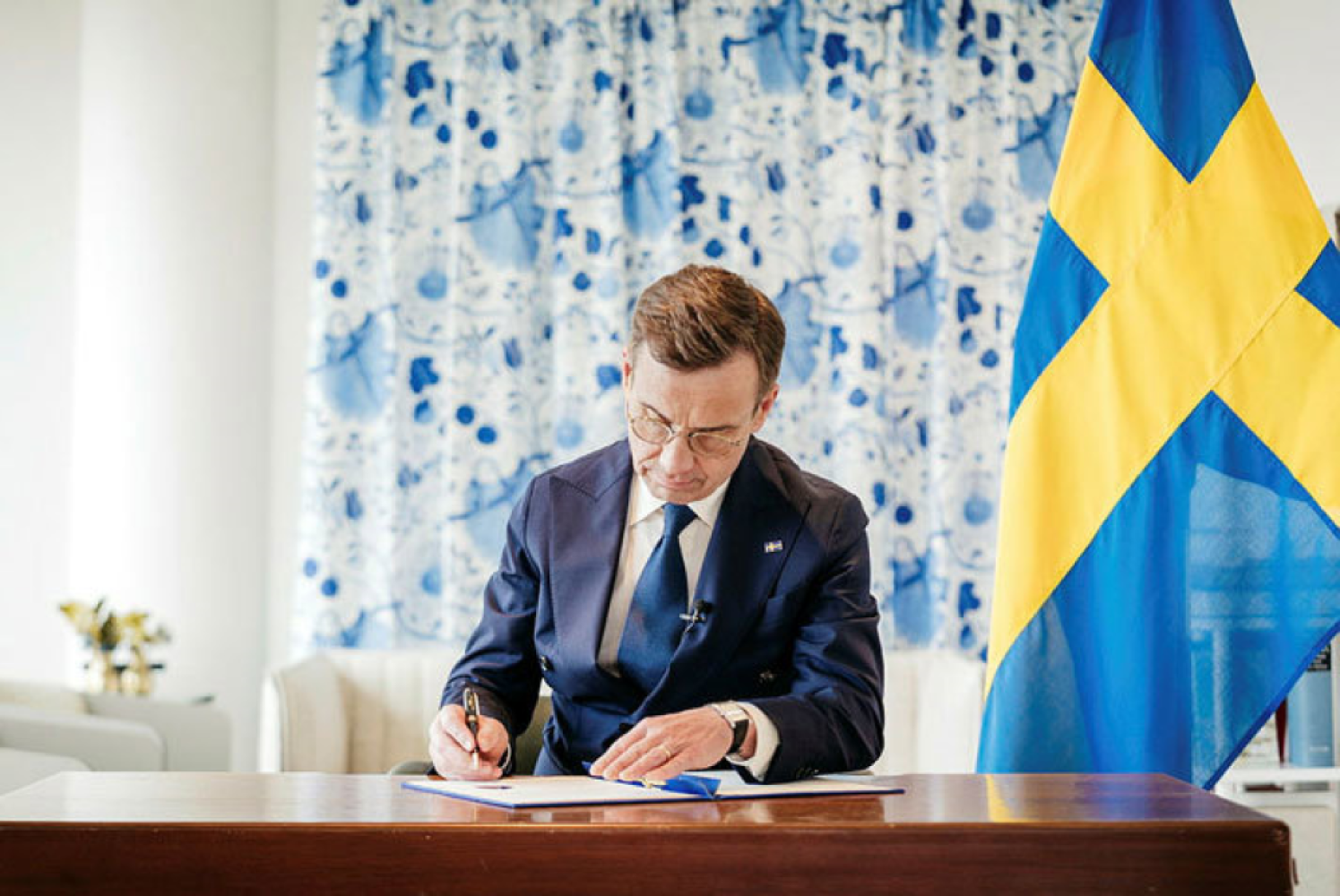
Sweden has officially joined NATO today after Hungary became the last nation to approve its accession.
The accession process was drawn out with Turkey and Hungary delaying the process with various demands. Hungary’s approval of Sweden’s bid coincided with a new arms deal between the two countries which would involve the sale of more Swedish-made Gripen fighter jets to Hungary. As the EU nation with the closest ties to Russia, Hungary and its prime minister Viktor Orban have long sought to leverage its veto power in the EU when it concerns support for Ukraine or sanctions targeting Moscow.
Budapest’s approval of Sweden’s accession is unlikely to mark a pivot in Hungarian policy and is likely driven by this lucrative deal with Stockholm. However, Hungary’s ability to continue its policy is increasingly in jeopardy with the members of the European Parliament calling for Article 7 proceedings against it due to rule of law concerns —if successful, Hungary’s voting rights and veto power in the EU could be suspended. In the short term, Hungary’s approval of Sweden’s NATO accession may ease pressure on the country to conform to Western foreign policy stances. In the longer term, Budapest faces the dilemma of where to position itself geopolitically between the West and Russia and how to manage the consequences.
Cian is a Research Analyst and contributes to both Analysis and the Daily Brief. He specializes in Australian and European geopolitics with a particular interest in the strategic autonomy of the EU.
